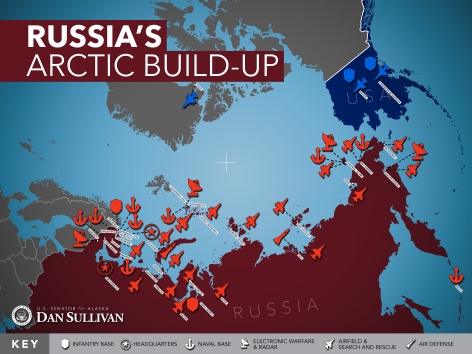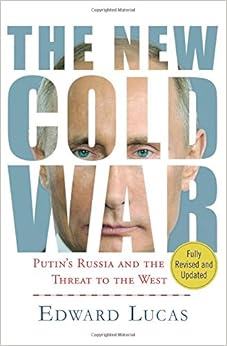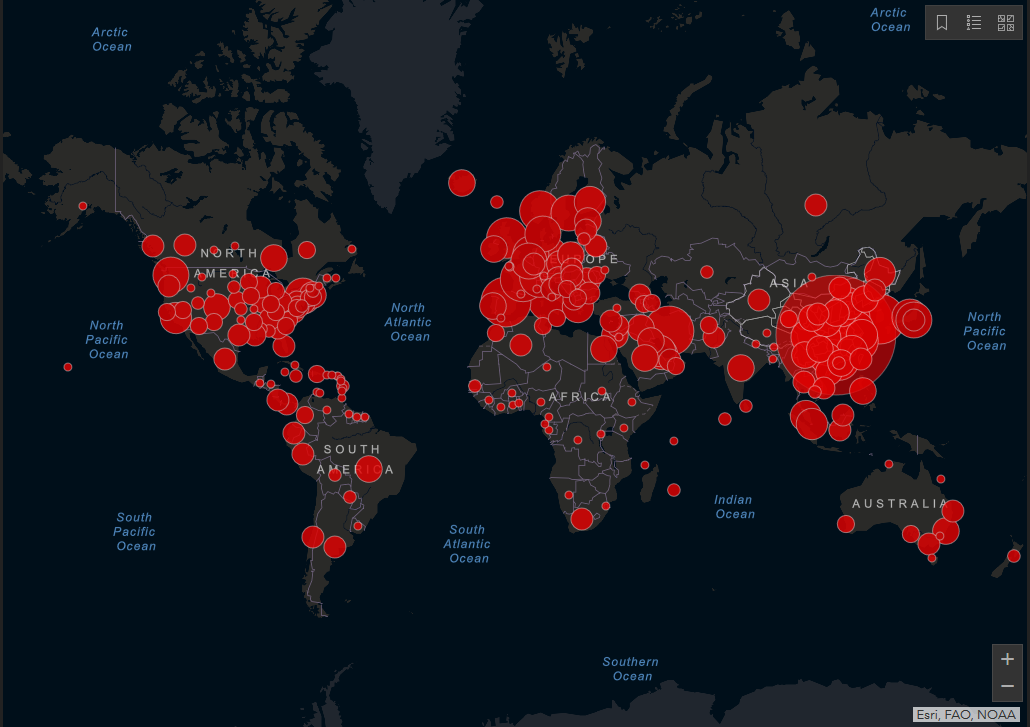 Since former Marxist guerrilla commander Daniel Ortega returned to the Nicaraguan presidency in January 2007, only to be re-elected by a handy but suspect majority vote last November, Moscow and Managua have once again closed ranks against the USA. Unfortunately, no one of the ideological calibre of Ronald Reagan, who rightly fretted over the communist takeover of Central America, has occupied the Oval Office for more than two decades.
Since former Marxist guerrilla commander Daniel Ortega returned to the Nicaraguan presidency in January 2007, only to be re-elected by a handy but suspect majority vote last November, Moscow and Managua have once again closed ranks against the USA. Unfortunately, no one of the ideological calibre of Ronald Reagan, who rightly fretted over the communist takeover of Central America, has occupied the Oval Office for more than two decades.
Rather, a socialist crypto-Muslim, whose credentials as a “natural-born US citizen” are dubious, sits in the White House, articulating a starry-eyed vision of world peace sans the aging US nuclear arsenal. Thus, among his other failures, South and Central America and the Caribbean Basin are blind and/or weak spots in US policy making, as evidenced by last year’s formation of the Community of Latin American and Caribbean States (CELAC), which neglected to invite the USA and Canada.
Determined to rebuild its Cold War beachhead in Central America, Russia is pumping millions of dollars into Nicaragua, where the Sandinistas controlled the military and police between 1990 and 2006, even as pro-Washington parties ruled in Managua. Last month, we reported that the Russian-Nicaraguan Intergovernmental Commission was prepared to approve bilateral projects worth US$600 million that will help President Ortega develop his country’s economy, shattered by civil war in the 1980s. Since 2008, Nicaragua has in fact boasted the “hottest” economic growth rate in Central America, a fact no doubt contributing to Ortega’s re-election, in spite of the Sandinista National Liberation Front’s heavy-handed treatment of its opponents.
Among other projects, Russia has promised to pour US$41 million into a new 24,000-square-meter hospital, to be built in Managua. In addition to providing the most advanced medical equipment, the Kremlin will also ship disaster relief equipment to Nicaragua, including scientific equipment, public warning systems, and 25 fire trucks adapted for fighting wildfires. Russia has already shipped hundreds of buses and cars to the Central American country. In April, Nicaragua will take delivery of another 25,000 tons of Russian wheat, the first shipment of the same amount having arrived last December. According to official reports, the third shipment will arrive mid-year and the fourth in November 2012, to complete the total donation worth US$35 million.
This past week, Russia’s “drug czar,” Viktor Ivanov (pictured above), wrapped up a tour that included Nicaragua, Cuba, El Salvador, Mexico, and Panama. The putative reason for Ivanov’s presence in the Western Hemisphere was to implement a counter-narcotics strategy with Russia’s Latin American allies but, in reality, more likely to monitor regional operations of the Communist Bloc’s narco-subversion plot against the West. Terrorism and security expert Joseph Douglass exposed this decades-old plot in his 1990 work Red Cocaine. Douglass’ thesis remains very relevant today, considering the extent to which illicit drugs originate in communist-controlled countries and regions. For example, Nicaragua, Cuba, and El Salvador have Marxist regimes, the first two of which were closely aligned with the Soviet Union during the Cold War.
For his part, career Chekist Ivanov formerly served in the Soviet KGB and its successor agencies until 1994, at which time the domestic component of the KGB was repackaged as the Federal Security Service (FSB). That year Ivanov was appointed chief of the administrative staff of the Saint Petersburg mayor’s office, but in 1999 he returned to the Russian domestic spy agency, succeeding Nikolai Patrushev as chief of the FSB’s Internal Security Department. Since 2000, he has been a deputy head of the presidential staff for personnel appointed by President/Prime Minister Vladimir Putin. Ivanov, therefore, is one of Putin’s closest allies.
Currently, Ivanov is director of the Federal Narcotics Service of Russia. Since 2008, he has chaired the State Anti-Narcotics Сommittee, which includes 29 ministerial heads. Since 2004, he has also been chairman of the Board of Directors of JSC Aeroflot airline, which still sports the communist hammer-and-sickle logo. In short, Ivanov is a big wheel in the Russian government, so it is no wonder that he and former Soviet KGB officer Igor Sechin are the Kremlin’s pointmen for Moscow’s Latin America strategy.
While in Nicaragua, Ivanov met with former Sandinista guerrilla Aminta Granera, one of the region’s few female national police chiefs, at which time they agreed to “activate links for the exchange of information on drug trafficking, the activities of criminal organizations, networks of transfer and execution of joint operations.” Speaking to the press and ignoring President Ortega’s past and present profiting from the international narcotics trade, Ivanov lauded “the performance of Nicaragua in the containment and confrontation of drug cartels and other manifestations of transnational organized crime.”
While in Cuba, Russia’s drug czar met with Interior Minister Abelardo Colome Ibarra, reportedly to discuss the same issue, namely, fighting narco-trafficking. Colombe, who is also a member of the Communist Party Politburo, not only holds the title “Hero of the Republic of Cuba” but also received the Order of Maximo Gomez in recognition of, to quote Fidel Castro, “his extraordinary merits in the insurrectional struggle against the tyranny and the imperialist neocolonial domination, the struggle for the consolidation and defense of the socialist state, and the accomplishment of heroic internationalist missions.” No doubt, former KGB officer Ivanov and Cuban communist Colombe reminisced about the “good ol’ days,” when the Communist Bloc openly threatened the West.
While in El Salvador, where the Farabundo Marti National Liberation Front was democratically elected in 2009, Ivanov met with Foreign Minister Hugo Martinez to implement a counter-narcotics plan that will entail the transfer of financial and technical support from Russia. This will presumably take place within the framework of the Central American Security Strategy that was articulated in Guatemala last year, with US Secretary of State Hillary Clinton in attendance. During the 1980s, the Soviet Union, Cuba, and first Sandinista regime shipped arms to the FMLN as the Salvadoran communists sought to oust a series of US-backed governments. Accompanying Ivanov was Russia’s new ambassador to El Salvador, Vladimir Nikolai.
Finally, while in Mexico, Ivanov indicated that the Russian and Mexican governments will “share information” pertinent to the detection and seizure of cocaine and opium, 350 tons of which are grown annually in Mexico. The USA’s southern neighbour has witnessed the deaths of 50,000 people since President Felipe Calderon launched his campaign to eradicate that country’s powerful drug cartels. This body count includes “narcistas” (cartel operatives), police, soldiers, and civilians.
“We have seized drugs in the Dominican Republic, Ecuador, Peru, Colombia, Brazil and even in the United States of America. There were no seizures in Mexico, but this does not exclude the possibility that such supplies will appear in the future,” explained Ivanov, who met with Mexican police officials.
Russia’s drug czar acknowledged that that Moscow does not support a US-sponsored anti-drug trafficking plan that advocates the creation of drug control units in former Soviet Central Asia. From the point of view of the Communist Bloc’s “red cocaine” plot, Moscow’s official policy stance is certainly telling. One of the main traffic routes for Afghan heroin and opium passes through Kyrgyzstan and Russia, where the illegal drug is further distributed to consumers throughout the European Union.
Incidentally, the reference to the Kremlin’s counter-narcotics chief as “drug czar” is mildly ironic in view of the reference to Russia’s pre-Bolshevik emperors. The revolution that ousted Czar Nicholas II occurred 95 years ago.
Meanwhile, Russia’s Supreme Court President Viacheslav Lebedev and his Cuban counterpart, Ruben Remigio, have signed a protocol to promote regular consultation in the area of judicial cooperation and the exchange of legal information and staff. In a news briefing, Lebedev described his visit to Havana as important because the protocol upgrades a bilateral agreement signed in 2002. Under the terms of the revised protocol, it would appear that Russian and Cuban judges will swap posts for specified periods, raising the ironic prospect of judges appointed by the Communist Party of Cuba and trained in Marxist law holding court in the Not-So-Former Soviet Union.






